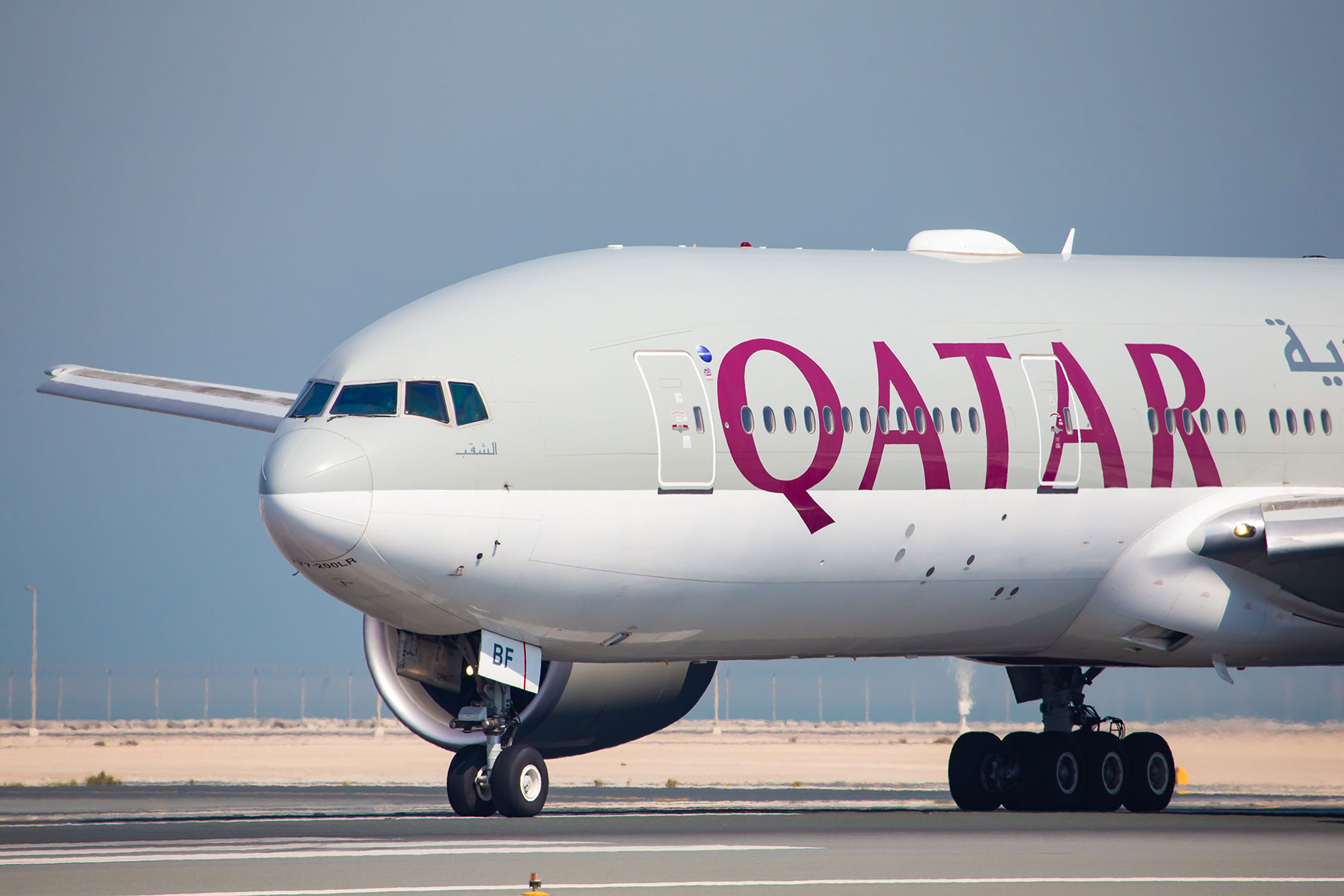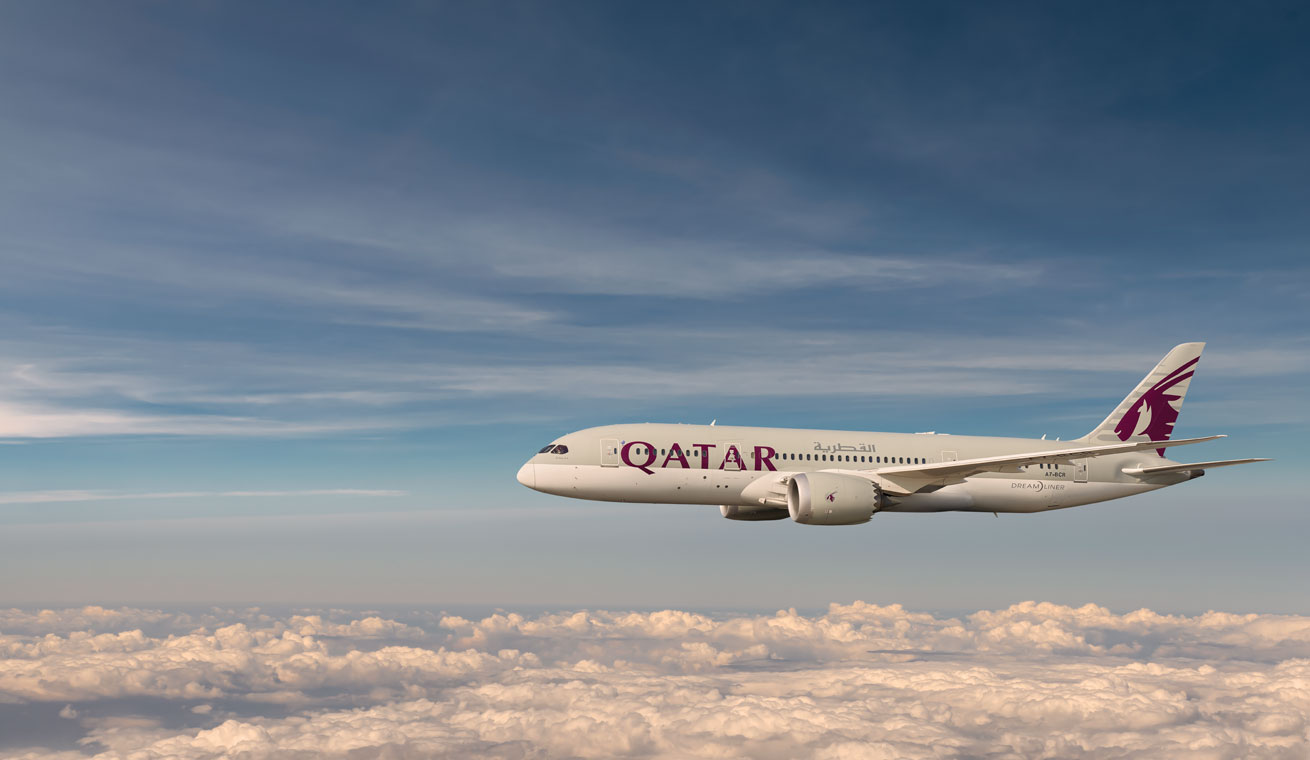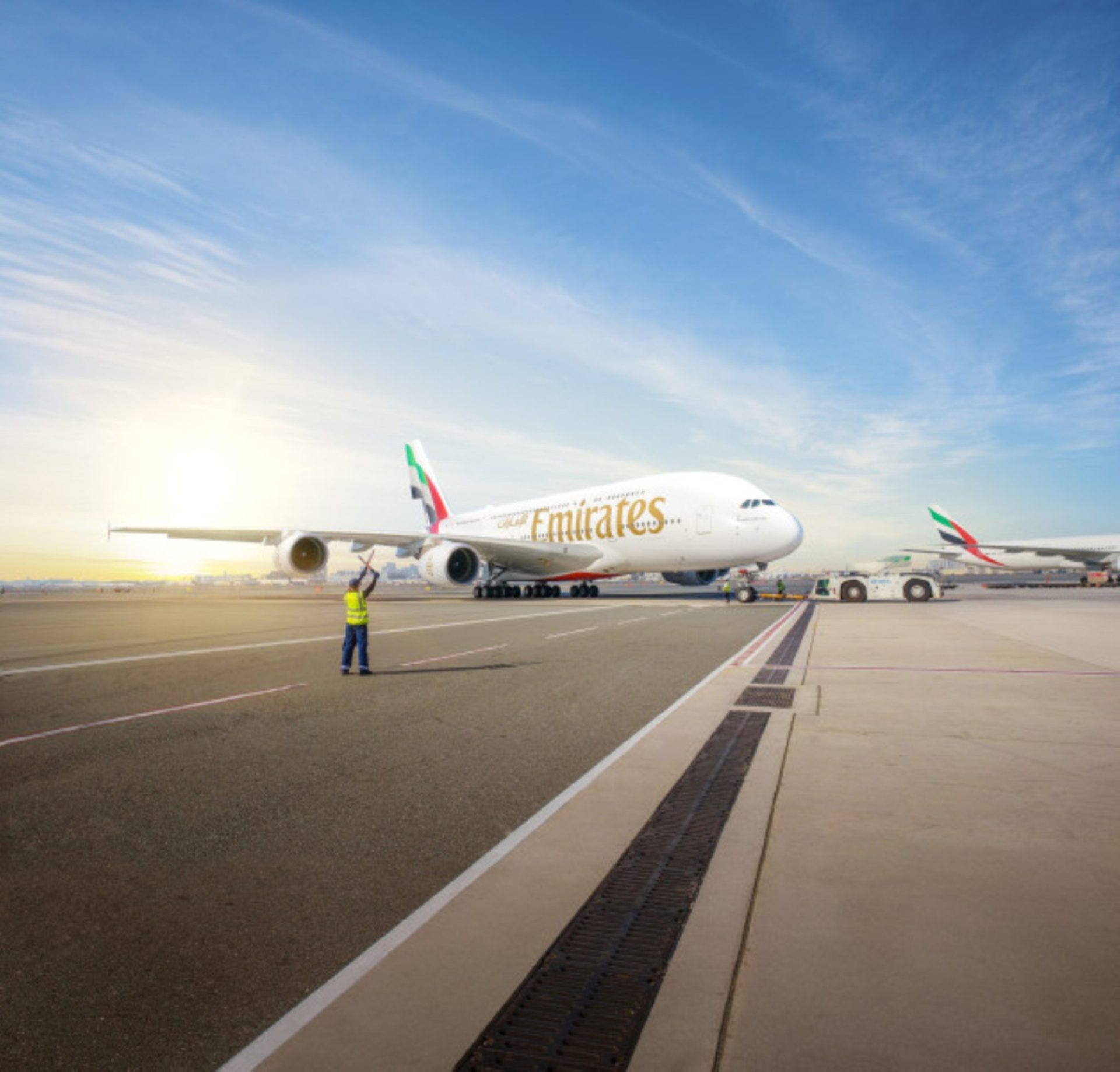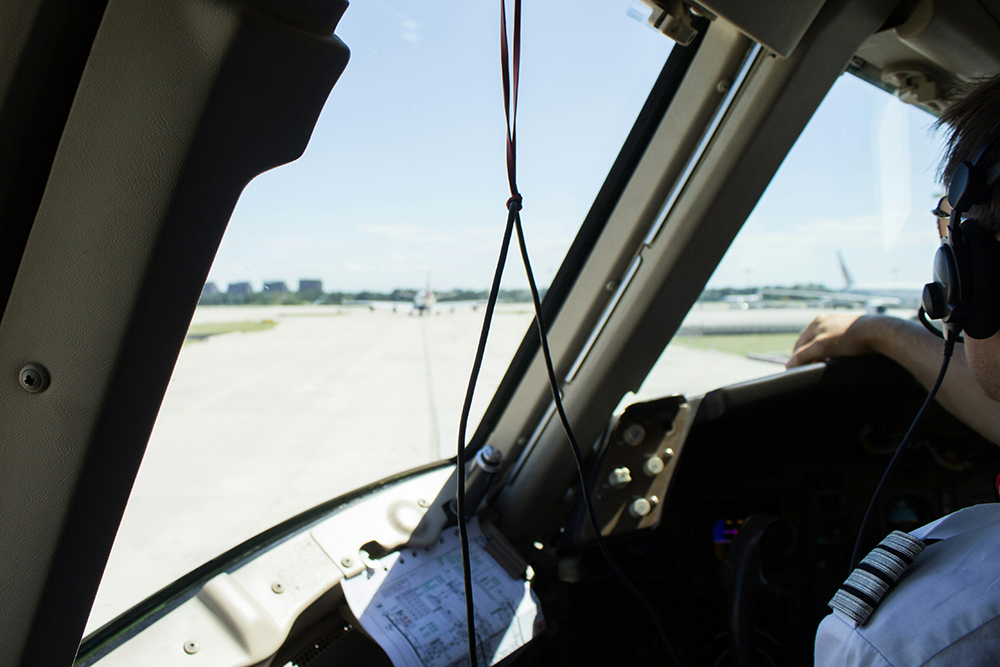The Portfolio Committees on Trade, Industry and Competition and the Portfolio Committee on Transport will seek legal advice on whether to proceed with a parliamentary inquiry into anti-competitive behaviour in the low-cost airline industry.
The committees recently held a joint meeting to look into anti-competitive behaviour, overbookings, overpricing, and other challenges in the budget airline sector.
Co-chairperson Mr Mzwandile Masina stated that, in terms of the rules, there is nothing preventing the committees from initiating a full parliamentary inquiry. “We have started the process now, and we have the necessary information from all the entities. The committees will then seek legal advice based on the information it has. We appreciate that the National Consumer Commission (NCC) investigation is still ongoing.”
Committee member Mr Lucky Montana said the NCC and the Competition Commission should support the committees in addressing the issues. “They must do that in the short term. Parliament has a duty to act when a member of the public writes to us. We need you to come back and advise us on actions that we need to take. Secondly, we have a structural problem here; at stake there is an issue that requires parliamentary inquiry.” This, he said, will help the industry progress.
Entities in the aviation sector, the NCC, the Competition Commission, the Department of Trade, Industry and Competition, and the Department of Transport all gathered in Parliament for the committee briefing on various matters in the low-cost airline industry, including overbookings, overpricing, and anti-competitive behaviour.
The committees heard that prior to the COVID-19 pandemic, market share had been reasonably distributed among competitors, and the market was relatively open to new entrants. However, in the post-pandemic era, three role players now dominate the market. Additionally, overbooking is a common practice, and pricing fluctuates depending on the departure date.
The NCC confirmed during the meeting that its investigation into a complaint lodged against FlySafair is ongoing.
Committee members underlined the importance of ensuring that South African Airways becomes a viable national carrier in which all South Africans can take pride. Co-chairperson Mr Donald Selamolela also suggested to the stakeholders present that they must notify the committees if legislative amendments are needed to support air travel operations in South Africa.
He also asked, “If someone asked whether South Africa had a low-cost airline, how are we supposed to respond?”
The Chief Executive Officer of the South African Civil Aviation Authority, Ms Poppie Khoza, said the concept of a low-cost airline is not currently supported by policy or legislative requirements in South Africa. “We may need to clarify by way of policy what the low-cost service airline is. This is an urgent issue that needs to be looked at and should be driven by the Department of Transport.” Ms Khoza suggested examining international best practices to establish a baseline for how South Africa might shape legislation and policy for a low-cost service carrier.






